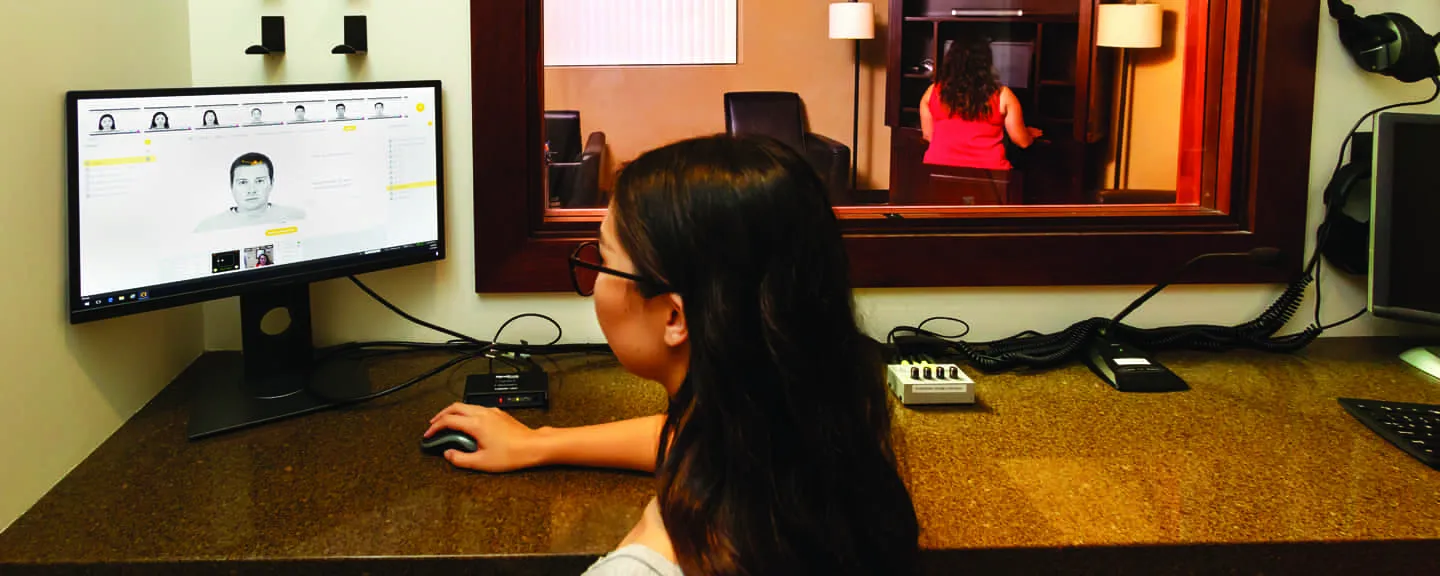- Home
- >
- APU Articles
- >
- News Article
What You Can Do With a Master’s Degree in Research Psychology
July 26, 2018 | Written By Ana Felce

For some, this master’s program will be a vehicle for continuing their education and ultimately earning a PhD, but many other career pathways also exist. In fact, the skills you will develop while acquiring your degree can take you far in any industry that employs psychologists, researchers, or data experts.
A Stepping Stone to Earning Your PhD
One of the logical next steps after earning your master’s degree in research psychology is to continue your studies and work toward earning your doctorate. For many, this may be a way to reach the ultimate goal of becoming a clinical psychologist or working in academia as a professor or researcher.
Julianne Edwards, PhD, assistant professor and director of APU’s research psychology program, says her goal is to provide students “with as much research experience as possible to be competitive in their PhD or PsyD application.” Once you’ve earned your PhD, you can work on a more personal level with individuals to help improve their lives.
Versatile Roles in Business
The business world also values professionals with psychology backgrounds—especially when it comes to understanding their customers. A background in psychology combined with the knowledge of specific research methodologies can make you a great candidate for a market research role. According to the Bureau of Labor Statistics, the number of market research analyst jobs is projected to grow more than 23 percent between 2016 and 2026.
Those who work in market research often study consumers to understand the relationship between people and products. This helps them determine market trends, selling points, and ultimately discover what people want in a product or service. A master’s degree in research psychology is a great choice for graduates who are interested in influencing business strategy.
Meet the Faculty: Kathryn Ecklund, PhD
Burgeoning Careers in the Data-Driven Market
The rise of technology and expansion of available data impact our lives and the business landscape in significant ways. Major companies are looking for candidates with in-depth knowledge of research methods and an understanding of human behavior to provide insight into how people interact with their platforms and offerings.
For example, data analysts are highly in-demand. Data analysts are responsible for making sense of the information that companies and organizations deal with behind the scenes. Businesses seek out people with these skills who can evaluate the data and present it in a way that others can understand and use. Related fields include user experience research and operations research, both growing areas where professionals gather information and interpret it to drive positive change for consumers and organizations.
If you’re interested in research but unsure of exactly what kind of work you want to do with this degree, Edwards recommends finding internship opportunities or research assistant jobs to discover what you enjoy most about research. Upon gaining this experience, you can then begin to focus your career goals. Whichever direction you choose, after graduating with a master’s degree in research psychology, you will be equipped with research skills desirable across many industries, giving you flexibility and options in your career.